Food Heroes
Highlights
Director-General
Join the conversation
Voices of Impact
Achieving Better Nutrition in Asia-Pacific by reducing food loss and waste – leaving no one behind
Watch the video to see how volunteers in Malaysia are collecting unsold food from markets as part of a national campaign to prevent food loss and waste and reduce poverty and hunger in the country.
Videos
Podcasts
Why forests matter to kids
Forests are critical to safeguarding the world's natural resources for future generations. We hand the microphone over to the kids!
Montenegro, where tourism meets tradition
Smallholder farmers in Montenegro are turning to agritourism to diversify their incomes. The project is having all kinds of positive impacts, especially on young people.
Data
Global and regional food loss estimates (percentage of all food produced) (2020)
SOURCE: FAO. 2022. Indicators. In: Sustainable Development Goals. Rome. Cited 24 June 2022. https://www.fao.org/sustainable-development-goals/indicators/en
FAO and the SDGs
Hover the mouse over an SDG icon for more information
A world free from hunger and malnutrition where food and agriculture contributes to improving the living standards of all
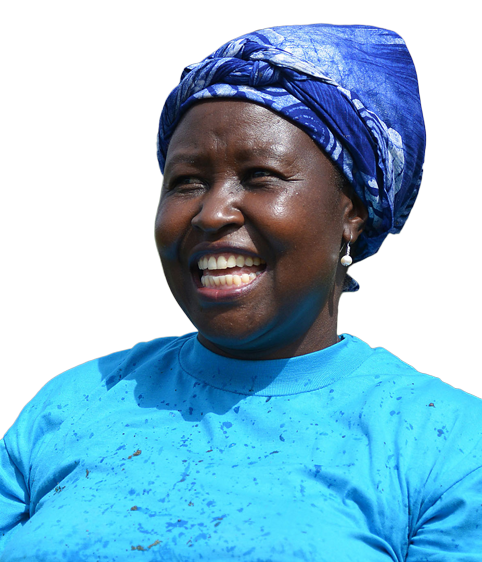
FAO works with governments and partners to empower some of the world’s most marginalized people to end rural poverty.

FAO helps ensure food security by developing ways of growing food that will work in the future so that millions of people don’t go hungry.

Good health starts with nutrition. FAO sets global standards and works with governments and the private sector to ensure food quality and safety throughout the food chain.

FAO invests in educational systems for rural communities and supports improved access to primary education and school meals in order to create equal opportunities for all and chances of lifelong learning.

FAO supports gender equality in the agricultural sector in an effort to raise levels of nutrition in local communities and improve agricultural productivity.
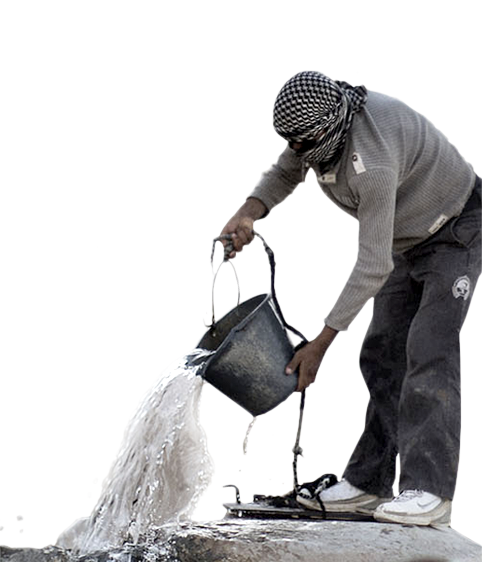
FAO works with governments to ensure water use in agriculture is made more efficient, equitable and environmentally friendly.
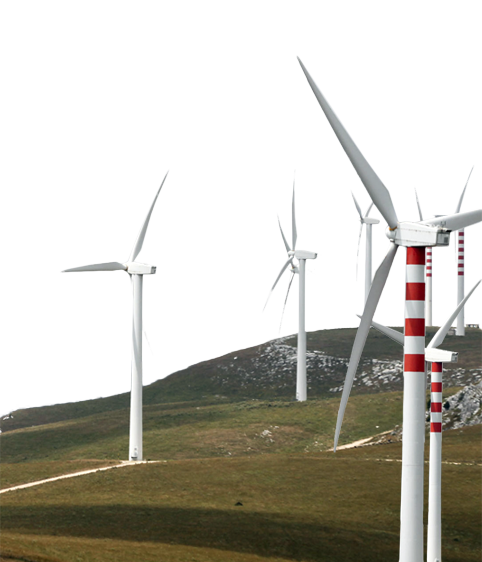
FAO promotes the use of renewable energies and works to ensure access to modern energy services across the food chain.
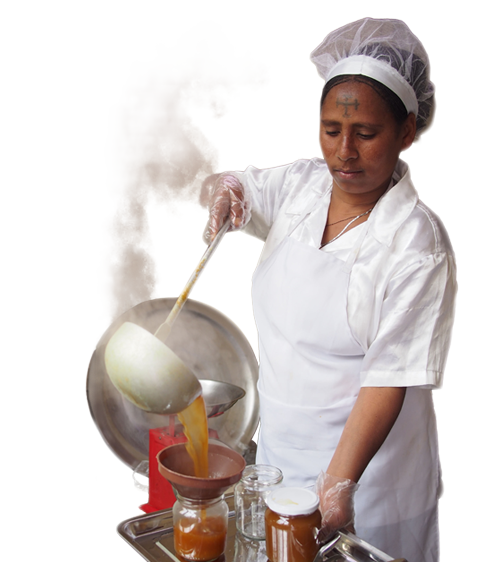
FAO seeks better economic opportunities for all by investing in sustainable agricultural practices and food systems that reduce inequalities and create decent jobs.
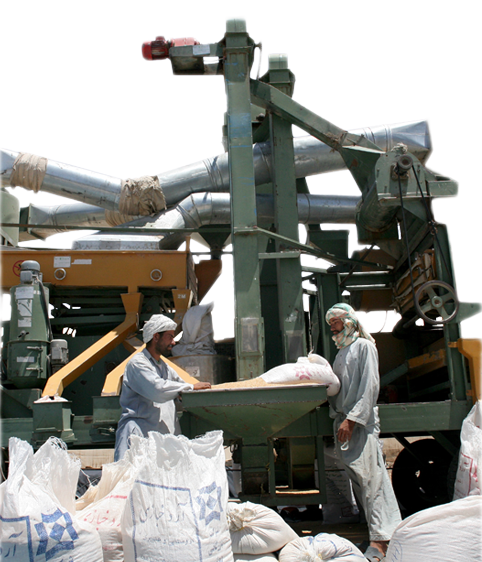
FAO seeks to secure a future for rural communities via investments in transportation, irrigation, food storage facilities and communication technologies.

FAO works with countries and partners to generate employment in rural areas, ensure access to natural resources for the most vulnerable and connect farmers to markets.

FAO works to improve urban healthcare, water quality and rethink city region food systems to help deter the negative effects of sprawling urbanisation.
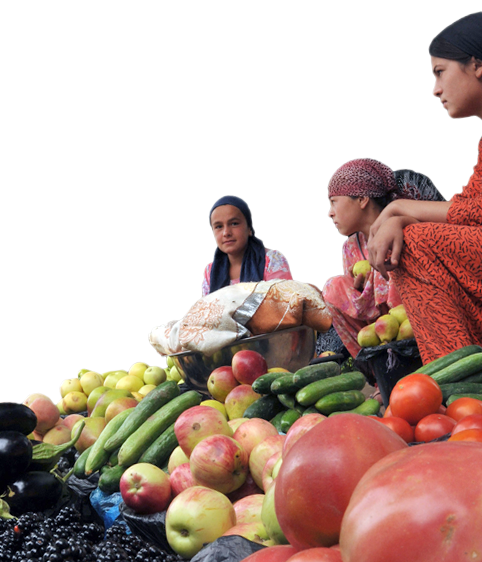
FAO coordinates major global initiatives and projects to tackle food waste and loss, partnering with international organisations, the private sector and civil society.
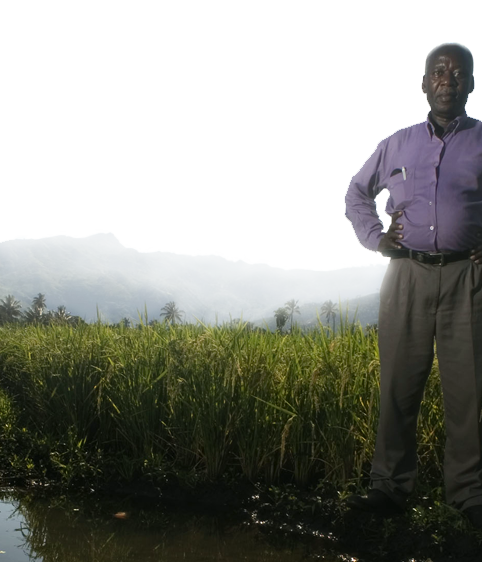
FAO supports countries in responding to the threats of climate change by providing advice, data and tools for better agricultural policies and practices.
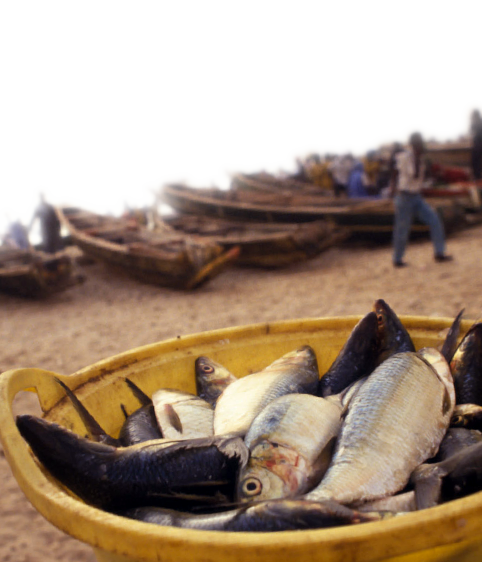
FAO, in partnership with governments and fishing communities, implements best practices in fisheries to ensure our oceans are protected as a means of livelihoods.
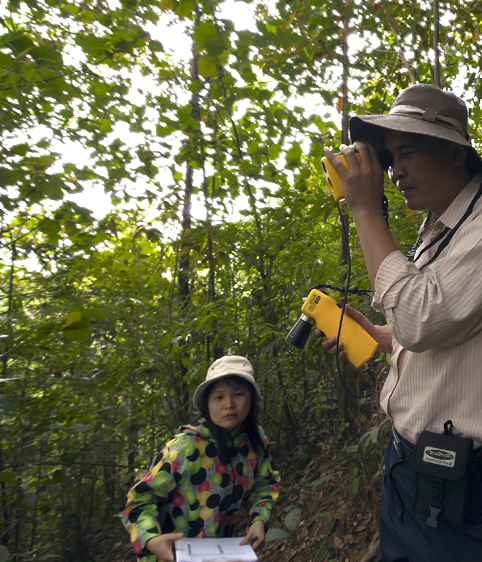
FAO promotes sustainable approaches to natural resource management and supports endeavours that promote a balance between conservation and development initiatives.
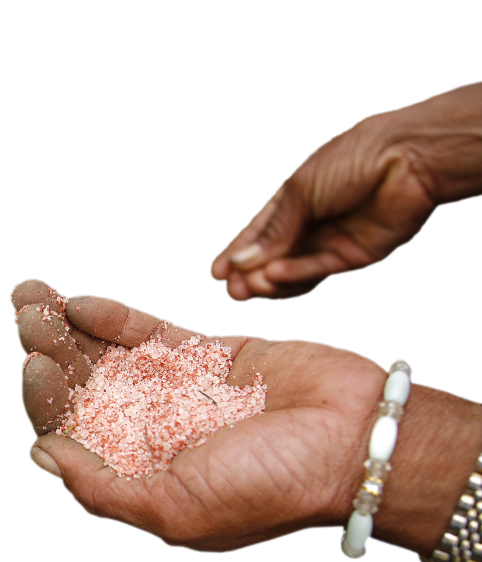
FAO plays a critical role in peacebuilding, restoring rural livelihoods, building resilience and participatory approaches to policymaking.
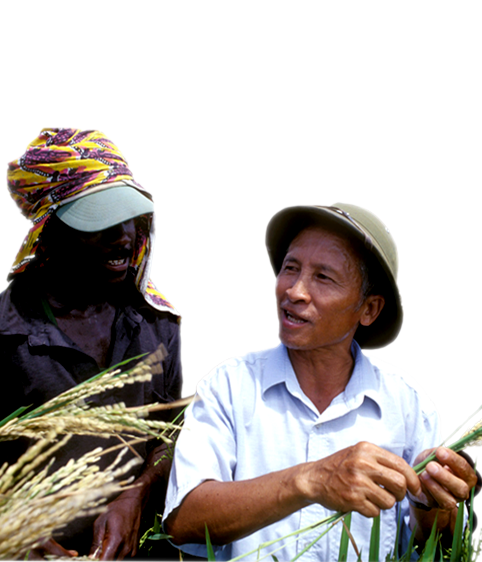
FAO acts as a neutral policymaking forum and develops partnerships with all concerned with food and agriculture to ensure a world free from hunger.
In depth


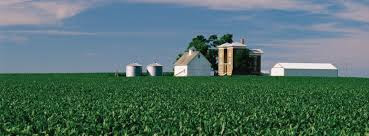


.jpeg?sfvrsn=40651359_11)























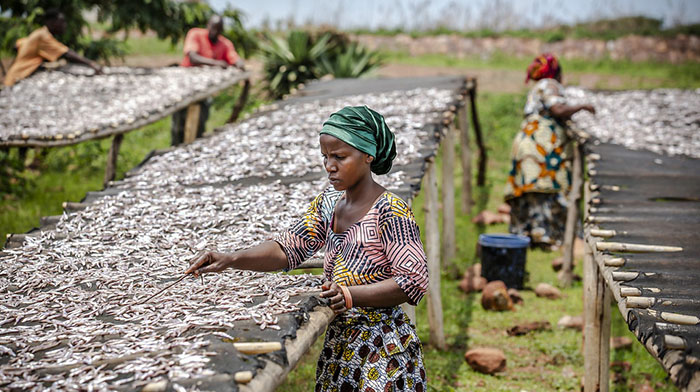

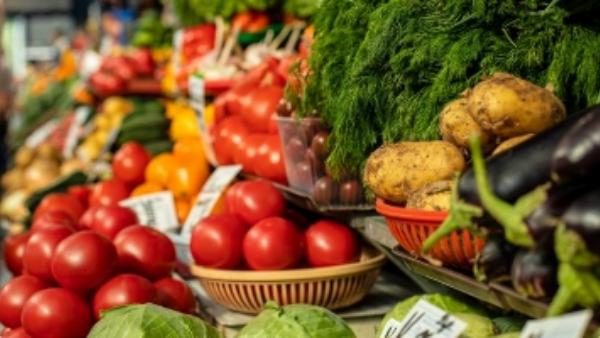
No comments